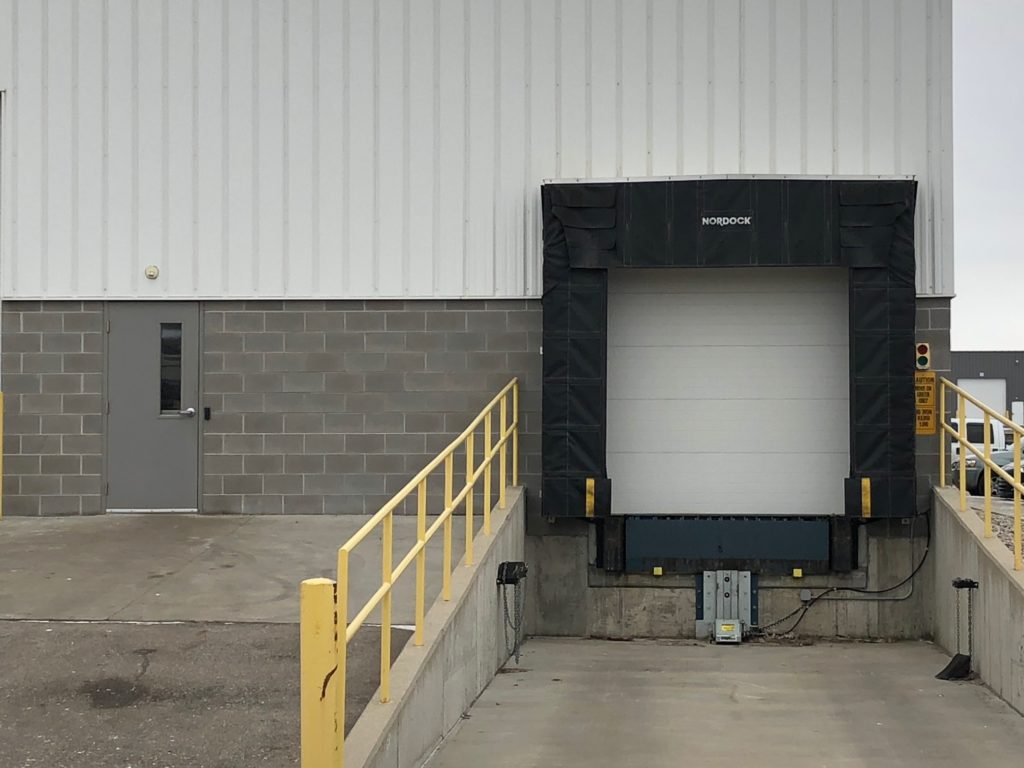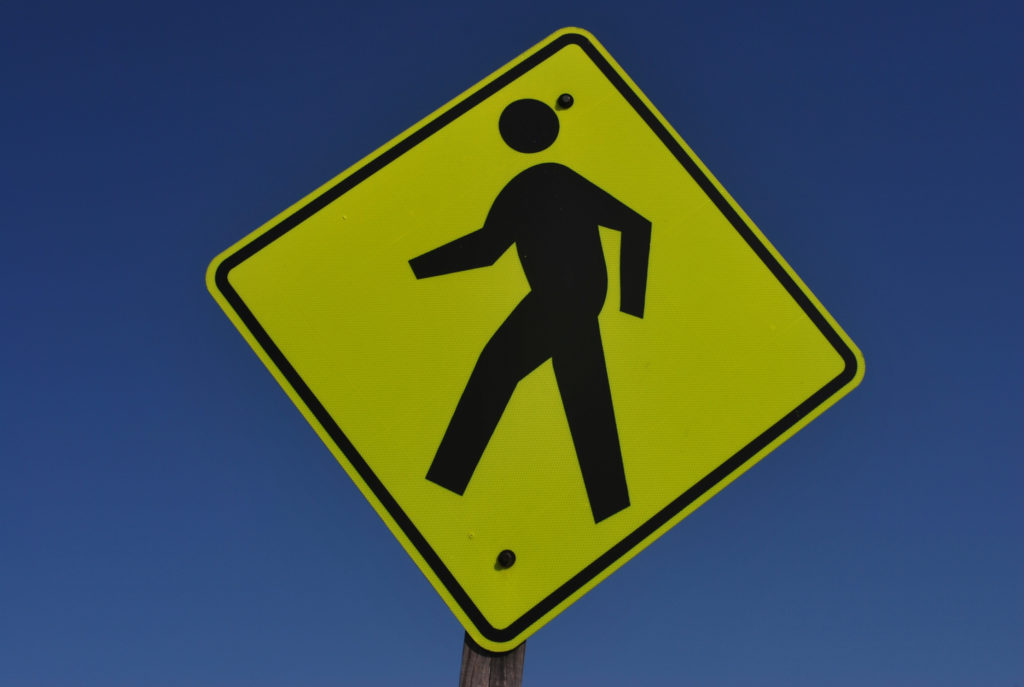
Everything You Need To Know About Loading Dock Rules
OSHA Loading Dock Requirements for Better Loading Dock Fall Protection
Loading docks are the hub for shipping and receiving for many businesses meaning that they are also a big source of profit for businesses. Because of all the hustle and bustle that happens on a loading dock there can be many dangers of working on and around them – there are various rules that both employers should implement, and employees should follow while near to loading docks to make sure that everyone is as safe as they can be. Of course there are some very general loading dock rules that everyone is expected to follow such as keeping floors clean, dry, and in good condition meaning that it’s important to clean up any trash or miscellaneous items that might find their way onto the floor where everyone is moving about as well as being alert to your surroundings including other vehicles, workers, and materials. But what about the less known loading dock rules, the ones that you might not know exist? The United States Department of Labor: Occupational Safety & Health Administration or OSHA doesn’t have very many CLEAR guidelines when it comes to loading dock requirements, but here is what we have found. OSHA states the biggest potential hazards when it comes to loading docks are “falling off the edge of the dock” and “skidding or slipping due to wet or icy conditions”
Be sure to check through your individual state loading dock rules and regulations as well to ensure that you are making your workspace the safest that it can be. To help you get started thinking about some of the less thought of various concerns when it comes to your loading dock, we decided to put together a short list of rules to think about based on OSHA’s stated potential hazards so that you can make your loading dock a safe one.
Keep a Lookout for Wet, or Slippery Floor Surfaces.
Keeping a close eye out for any potentially slippery surfaces is important in the world of loading docks, just a little bit of water, or a small spill can drastically affect the people that are working on the floor. Spills or wetness can affect loading dock equipment such as forklifts making it challenging for them to drive or move.
Clean Up All Spills Immediately
If you do see any sort of spill, no matter if its water or something else, be sure to clean them up immediately so as not to cause any accidents.

Report And Take Caution With Any Rain or Water Leaks
Reporting anything that is out of the ordinary is important when it comes to safety. Simple maintenance fixes should be reported as soon as they are recognized and dealt with accordingly! Be sure to talk to all employees about the importance of reporting any maintenance fixes, including and especially any leaks that might make your floor slippery or.
Use Caution When Moving Dock Plates
All employees should always use caution when it comes to working around machinery, loading docks, equipment, and other higher risk situations.

Don't Run On or Around Loading Docks or Loading Dock Machinery (Fork Lifts, etc.)
Remember to slow down when moving around your loading dock area – walking while you are on or around loading docks and loading dock equipment can prevent many accidents from happening, all you have to do is just use extra caution.
Keep a Safe Distance from Loading Dock Edges
Be sure to keep a safe distance from all loading dock edges in order to prevent any potential falls and keep yourself and other workers safe.
Train All Employees to Use All Loading Dock Equipment Properly
Training is a large part in keeping your business and loading dock area safe. Be sure to hold training sessions for all employees that covers how to properly use all loading dock equipment. Let all employees know the various risks and dangers as well as what rules and regulations you have put into place to keep them all safe.
Use Hand, Head, Eye, and Ear Protection as Needed. (gloves, hats, glasses, etc.)
Using proper protection can be a big help when it comes to working on the loading docks. Employers should always implement hand, head, eye, and ear protection regulations in order to keep all employees as safe as possible on and around the loading docks.
Be sure to check your state regulations as you make rules for your company and loading dock personal. If you are looking for various loading dock accessories and parts, take a look at our different options and available parts here! Not seeing what you are looking for? Please contact us today! Our representatives would be happy to talk to you about what needs you might have!
